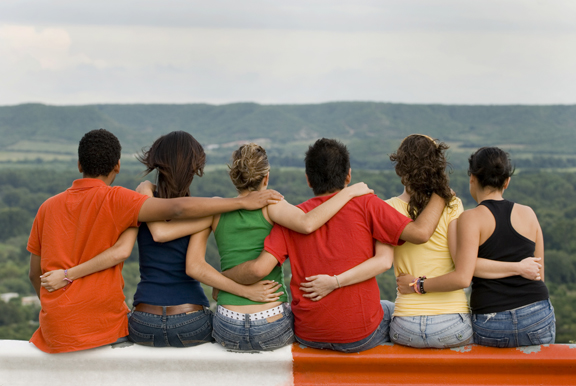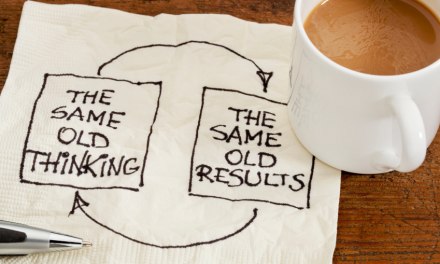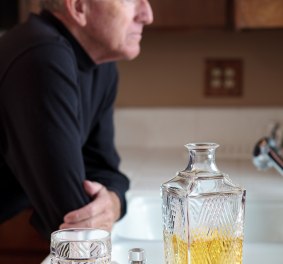You have to hand it to those folks in Oregon – when they don’t succeed, they keep right on trying.
And success has been elusive. Despite four years of sincere attempts to control the problem of rampant drug abuse, Oregon still faces “one of the highest US rates of substance use disorders,” while “…[ranking] last for access to treatment.”
Nothing to boast about. Yet strangely enough, when we look below the surface, real progress has been made — especially with the most challenging population: the very chronic, relapsing, “street” drug user.
Here’s a closer look:
How to help people with addictions on the streets? These Oregon Programs have solutions.
Some of the innovations discussed:
Increased efforts at outreach and followup
An example: A non-profit organization with the ability to bypass barriers for anyone willing to accept their help — immediately, if necessary. An example: “The couple had been talking for months about wanting to get clean… They entered detox, [the husband] got emergency surgery for his infection, and after eight days, they were placed in an outpatient program, then a sober recovery home.”
That’s fast. Think they could have managed all that on their own, while dopesick? I seriously doubt it.
Cultural competence
Let’s face it: Many who need help most are also the least likely to access it, in part because of language and cultural barriers. They want to feel like they belong in a program, and they don’t.
One man’s story: “[He] entered sobriety and recovery 13 times, only to falter… In the summer of 2023, he ended up at a barbecue hosted by a non-profit that…operates the only Latino recovery drop-in centers in the state,” and was immediately at home with the lingo and songs of his upbringing.
I’ve seen this reflected in comments from patients who’ve completed treatment in our heavily Hispanic region of New Mexico: “I felt for once like she [the counselor] didn’t look down on me. She understood.”
Places to meet and make friends
I never forgot this remark from one of our recovering staff members, when asked what, after many attempts, made his last try such a success.
“I made new friends in the program,” he explained with a smile. “Bad friends helped get me into drugs. Better friends helped me to get out.”













